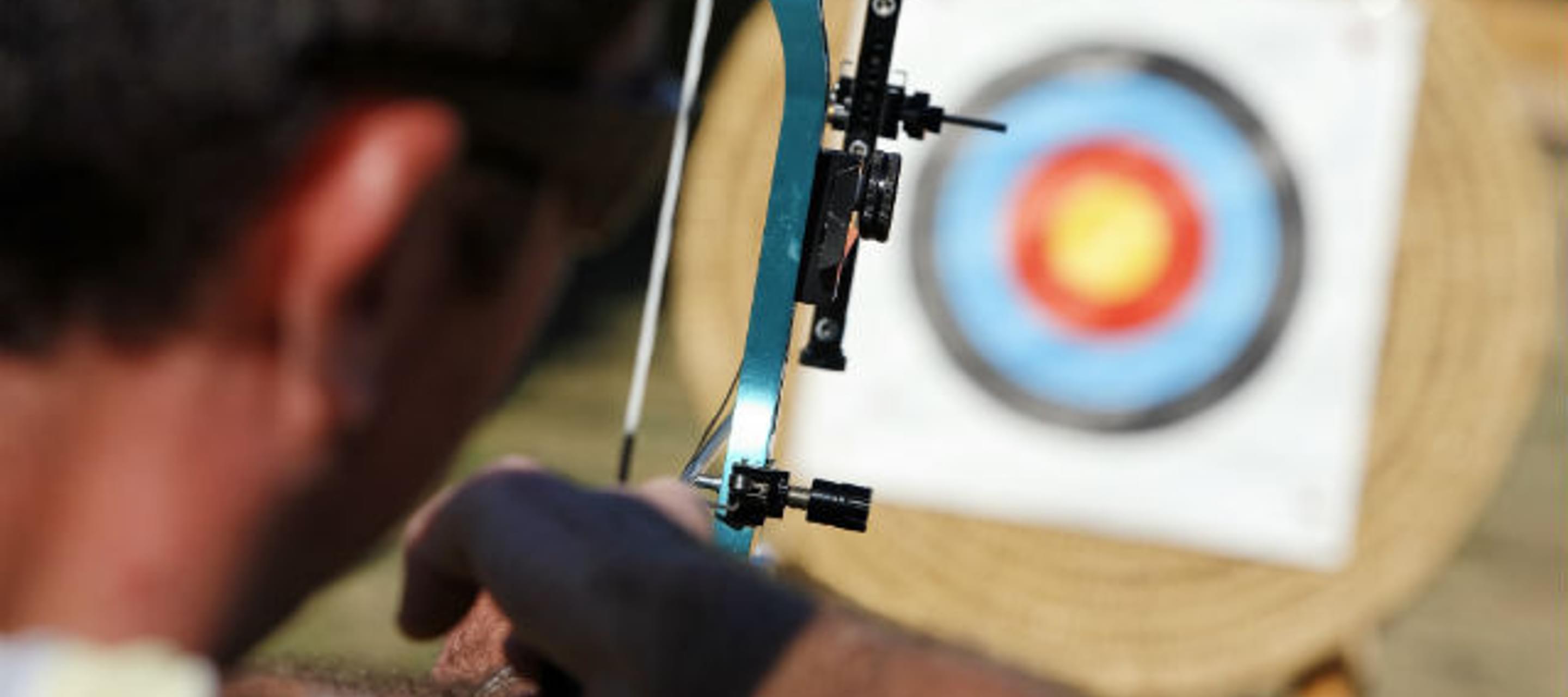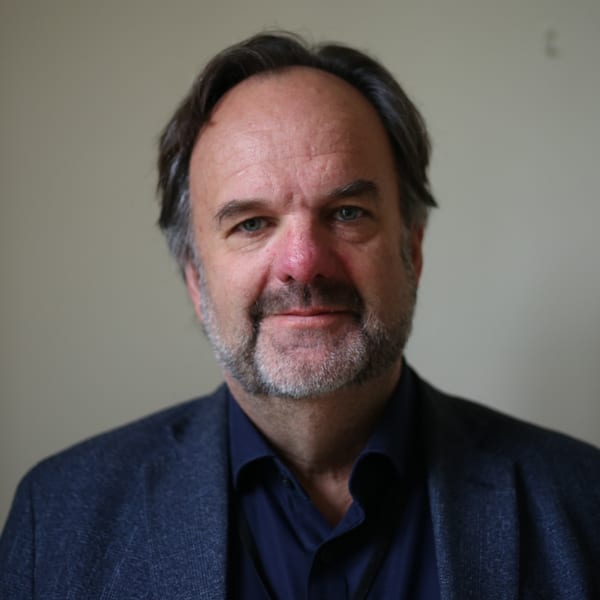How can we Ensure Mega-Sporting Events Showcasing Humanity's Best are also Built on Human Rights?
29 June 2016

Yesterday [word doc], the Member State representatives of the United Nations Human Rights Council, the High Commissioner for Human Rights Zeid Ra'ad Al Hussein and Council President H.E. Mr. Choi Kyonglim met to discuss the role of sport in promoting human rights.
Undoubtedly sport has a role to play in this. A celebration of humanity, our common dignity and respect for all peoples, events such as the Olympic and Paralympic Games, FIFA World Cups, and other major sporting events are celebrations of this heritage and it is right that every global region should have an equal opportunity to share in this legacy.
At the same time, it is a sad fact that very few of these events take place without some negative human rights impacts – from forced evictions of long-time residents due to development and construction needs, deaths and injuries on construction sites, excessive force against crowds or protestors by security forces, discrimination, restrictions on freedom of expression, to corruption at the local and international level.
Progress in commitments
The first modern Olympics took place in 1896 and inspired the creation of many of today’s modern sporting events. Despite this long heritage, the first public human rights policy by any event organiser was by the Local Organising Committee for the Glasgow 2014 Commonwealth Games. Since then the Commonwealth Games Federation, FIFA, Formula 1 and the International Olympic Committee have made public human rights commitments, to varying degrees of commitment and detail.
The future of mega-sporting events are at a cross-roads. Scrutiny of the planning, delivery and legacy of such events in terms of their impacts on communities, workers, athletes, spectators, activists and dissidents has increased markedly in recent years. Exposes and fact-finding reports are coming out almost daily. At the same time, voters and politicians in some prospective host cities are choosing to withdraw from short-lists to host these events, citing high costs, unnecessary bureaucracy and local disruption, low public support and high security demands.
Commitments are a start (though there are many more sports event organisers that have yet to take even that first step). To restore the social license of mega-sporting events, these commitments must begin to demonstrate in concrete and real terms how they are translating into visible practice across the multi-year lifecycles of planning, delivery, handover to the next event host and long-term legacy for the local communities, workers and others on the ground.
Striving for excellence
I addressed the Human Rights Council during their discussion. There, I announced that a number of governments, international agencies, sports bodies, local organising committees, sponsors, broadcasters, trade unions, NGOs and national human rights institutions have come together for the first time to combine collective efforts put human rights at the centre of planning and staging these events so that mega-sporting events become a celebration of human rights in every sense.
These are organisations that have sometimes been on opposing sides of the debate on the role of human rights in sport. We are working together, under the chair of Mary Robinson (the former UN High Commissioner for Human Rights and President of Ireland) to develop a framework for learning, collective action and methods of accountability between sporting events and across sporting traditions.
It is important that in developing this framework, we take an evidence-based approach. We must learn from past events, what has worked, what has not, and what has yet to be tried and tested, to understand how to best manage the spectrum of human rights risks any mega-sporting event poses, and build the knowhow of those tasked with doing so.
The coalition will be looking at all actors involved in staging an event, be it host cities and governments, sponsors and commercial partners, sports governing bodies, as well as affected groups including athletes, communities, workers, activists and spectators. We will be considering the range of activities that form the daily grind of such events, whether that’s bidding for hosting the event, construction and infrastructure development, broadcasting, procurement, security provision and more.
The coalition will be spending the next several months on this research, evidence gathering and reflection, using the UN Guiding Principles on Business & Human Rights and ILO Declaration on Fundamental Principles and Rights at Work, alongside other international instruments such as the OECD Guidelines for Multinational Enterprises, as the starting point for understanding how to build and deliver sports events on human rights ideals.
Athletes and players all strive for excellence. So too must the community of organisations involved in staging a major sports event. Striving for excellence means that our sports heroes, who train for so many years for perhaps only minutes of competition are rightly honoured by the thought and preparation put into delivering the event itself in a way that truly showcases the best in humanity, as sport has done for centuries.




